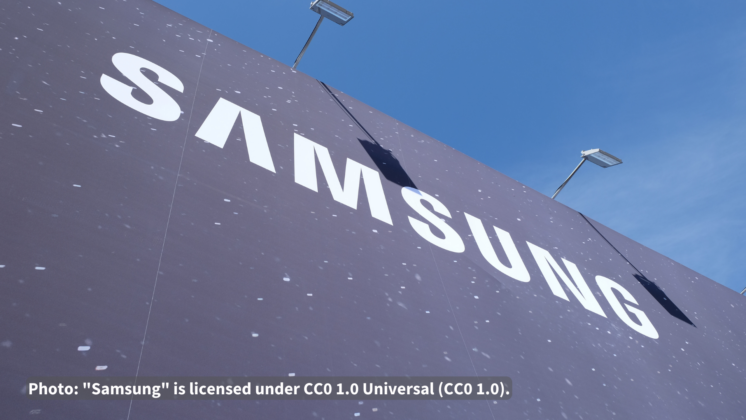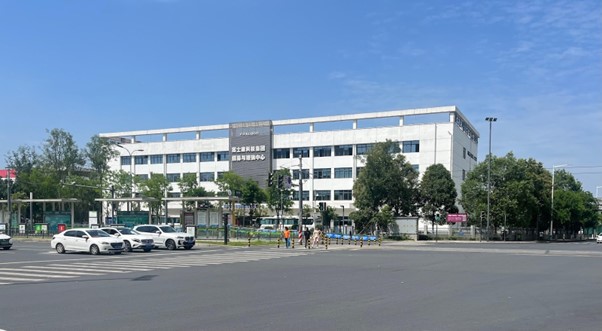Mexican labor human rights activist Felipe Gonzalez investigated the human rights conditions of workers in Korean companies in Mexico. He recently discussed his findings with the Korean organisation Advocates for Public Interest Law (APIL).
The following is a translation of this Korean report of his visit.
“Samsung and LG are prestigious companies also in Mexico, but their treatment of workers is poor. Korean companies should listen to workers’ voices more”
Felipe Gonzalez (31), a Mexican labor human rights activist, stressed that Korean companies should pay more attention to improvement in working conditions. He pointed out that it cannot be a good thing for a company to get a large number of workers’ complaints on poor treatment.
With a Korean research team last year, Gonzalez, who has been working for a Mexican labor human rights organization CEREAL for 5 years, investigated the human rights conditions of workers working in Korean companies in Mexico.
He visited Korea in order to participate in ‘Research Conference on the Status of Human Rights in Overseas Korean Companies’ held on December 28, and the interview was conducted the next day at the office of the Public Interest Law Center APIL.
Gonzalez said that “the standard of labor law conducted in Mexico is not that low compared to any other country, but the government, which is keen to attract foreign companies, tolerates their violations of the law”. He added: “Korean companies are going along with this atmosphere and are not interested in improving workers’ poor working conditions”.
In September 2015, Gonzalez met workers from Oseong, one of LG Electronics subcontractors, Samsung electronics in Tijuana and Mexicali, northern part of Mexico near the border of the United States. These workers said that “a daily wage is only 150 peso (3600won)” and “workers work overtime for over 20 hours a week, but do not get paid properly”. One of them mentioned that “when defective goods come out, Korean managers pull workers’ nose. If workers protest, they are assaulted.” Moreover, others said that their access to toilet is restricted to 1-3 times a day and that they are easily fired if they are one minute late.
The labor situation in Mexico has deteriorated rapidly since the 1980s. The government, obsessed with attracting factories to be located, tolerates their violations of labor laws, and the minimum wage is kept at 70 pesos a day. Gonzalez said “the current minimum wage cannot afford a minimum standard of living.”
Even in this situation, it is hard to find a proper labor union in Mexico. Most of unions are ‘official labor unions’ which should get permission from the state. “The number of politically independent unions fighting for workers’ right is only 6 to 7”, Gonzalez said. He insisted that “there should be a change of attitude in companies and workers should clearly recognize their right and fight for it”.
On 30th, the day after the interview, Gonzalez met Ban-olim activists in front of Samsung headquarters where they have staged a sit-in protest. Ban-olim, which is also called Supporters for the Health And Rights of People in the Semiconductor industry (SHARPS), has worked on solving the occupational disease problems of Samsung Electronics semiconductors and LCD workers, “What Ban-olim activists have achieved is impressive”, he said. “Through the case of Ban-olim (SHARPS), I would like to show Mexican workers that the reality can be changed with our efforts.”










